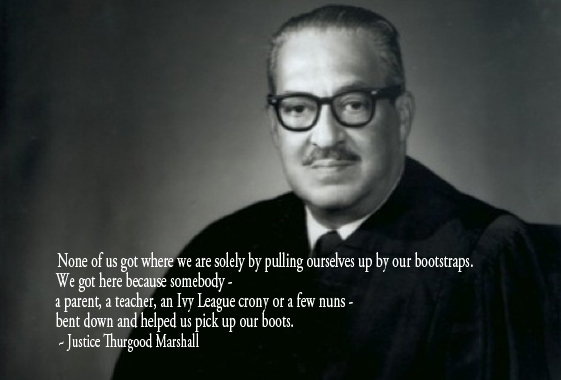By Paul L. Thomas, Ed.D. | Originally Published at The Becoming Radical. March 17, 2014
Albeit from different ideologies, NPR and Fox News have something really disturbing in common: Bias masked as, to use the Fox slogan, “fair and balanced.” In fact, the breezy tone of NPR makes its masked bias even more sinister than Fox’s essentially cartoonish balance.
And thus, when NPR discovers “grit,” we get this: Does Teaching Kids To Get ‘Gritty’ Help Them Get Ahead?
While the story does acknowledge critics, the piece clearly forefronts “grit” research as well as the credibility of “Angela Duckworth, a psychology professor at the University of Pennsylvania who coined the term ‘grit’ — and won a MacArthur ‘genius grant’ for it.”
How can any criticism of “grit,” and thus indirectly Duckworth, hold up to that?
Despite the framing bias of the story—and that breezy tone that suggests everything is fine—I do recommend examining Alfie Kohn’s work challenging the “grit” narrative: See this discussion here. Why Self-Discipline Is Overrated: The (Troubling) Theory and Practice of Control from Within
But the greatest failure of the NPR look into “grit” is what, once again, is missing: Not a single mentioning of race, of the strong critical rejection of the “grit” narrative as a not-so-thinly masked appeal to racism.
“Grit” is a mask, a marker for privilege and slack that suggests people who succeed do so because of their effort (and not their privilege and the slack of their lives) and that people who fail do so because of a failure of character (and not due to the scarcity that overburdens them).
The “grit” narrative is essentially a whitewashing of the power of privilege as that is a product of lingering racism. And thus, the “grit” narrative is primarily aimed at children of color and they are routinely encouraged to honor Gritty White Hopes like (as the NPR story reveals) Steve Jobs:
That message underlies every lesson at the Lenox Academy for Gifted Middle School Students in Brooklyn, N.Y., a public school that has been trying to make kids grittier for the past three years. On a recent day, in a typical lesson, a social studies class is studying Steve Jobs. Kids raise their hands to offer examples of Jobs’ grit.
“He had failed one of the Mac projects he was creating,” says one student.
“He used his mistakes to help him along his journey,” says another.
And thus, let me suggest the following:
My posts on “grit”:
And (please see the discussion thread):
Does “Grit” Need Deeper Discussion?












Leave A Comment